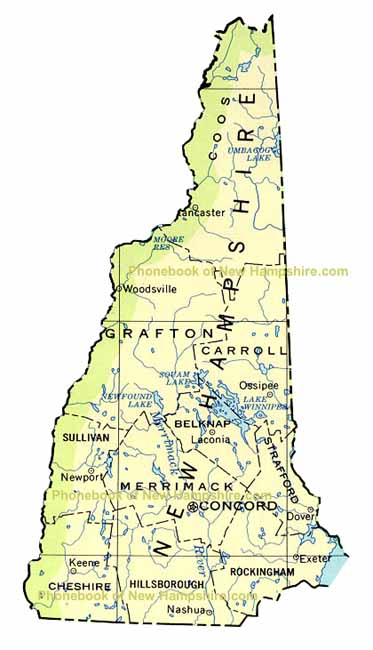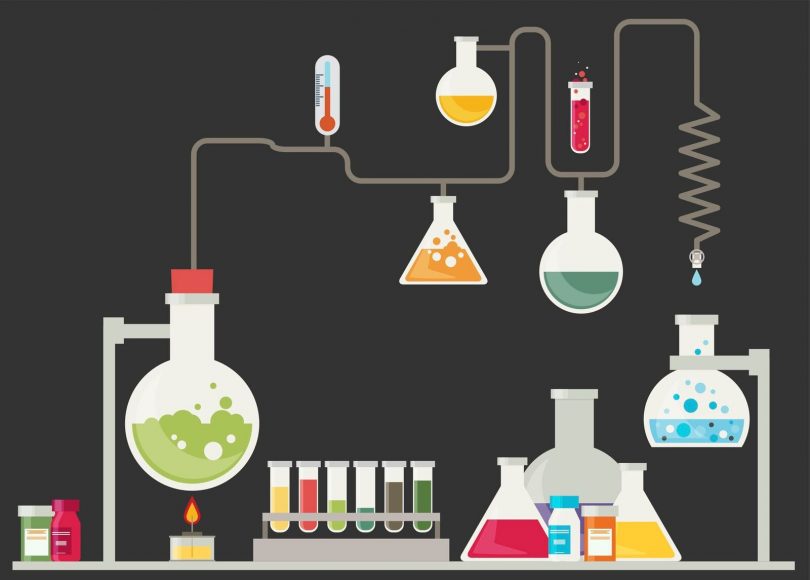The New Hampshire Department of Health and Human Services regulates their Therapeutic Cannabis Program in He-C 400. Part He-C 402.15 is a section that regulates the testing lab body of their cannabis program.
Every batch of cannabis grown within the Alternative Treatment Center (ATC) should be tested for its cannabinoid profile. Cannabinoids to be tested include THC, THCV, CBC, CBD, CBN and CBG. These tests must be completed at an accredited testing lab. The laboratory can either be accredited by an International Organization for Standardization (ISO) 17025 by a third party accrediting body such as American Association for Laboratory Accreditation (A2LA) or ANSI-ASQ National accreditation Board (ACLASS). The testing lab could also be Certified under the Clinical Laboratory Improvement Act (CLIA). The ATC may also be required to test the cannabinoid profile if there is reason to believe that it does not match the actual profile of the product. In these cases, copies of the test results will be sent to the department of health from the laboratory.

The ATCs water supply must also be tested annually for contaminants. The EPA standard levels of contamination will be used to judge for unhealthy levels of organic and inorganic contaminants. If the testing lab concludes that water filtration is needed then more rigourous testing may be required. The soil used to grow the cannabis must also be tested annually. Testing lab results should comply with the U.S. Agency for Toxic Substance and Disease Registry’s Environmental Media Evaluation Guidelines. Any batch that fails to pass the soil and/or water standards the ATC is responsible for an analysis of the contamination. This analysis should document the root cause of the issue and the actions taken to remedy it.
Each batch of cannabis goes through dry heat exposure to rid it of any fungi, mold, or spores. Quality control organisms for known mold spore testing shall be processed with the batch to document the effectiveness of the dry heat process. The ATC should maintain testing lab results for at least four years. The department reserves the right to require additional testing, copies of results, order recalls, destruction of product, or product seizure. If there is evidence of tampering, evidence of label inaccuracy, or the presence of contaminants.

The ATC is responsible for all costs related to testing cannabis under these regulations. Before the ATC provides the testing lab with cannabis the lab should supply the ATC with some information. The ATC should be informed how large the sample size needs to be for the required testing methods. Both labs and their employees are permitted to possess cannabis on laboratory property as it pertains to these testing lab regulations. No agent from an ATC can have financial interest in a laboratory. Similarly, no laboratory technician may receive direct financial compensation from an ATC. The testing lab must store all cannabis samples in compliance with He-C 402.17.
These are the laws set for in New Hampshire regarding testing cannabis in their program. This is one of the more comprehensive documents for a medical cannabis program. Especially as compared to states like Arizona and Montana that don’t require testing at all. What do you think of their regulations regarding dry heat? Let us know in the comments.








